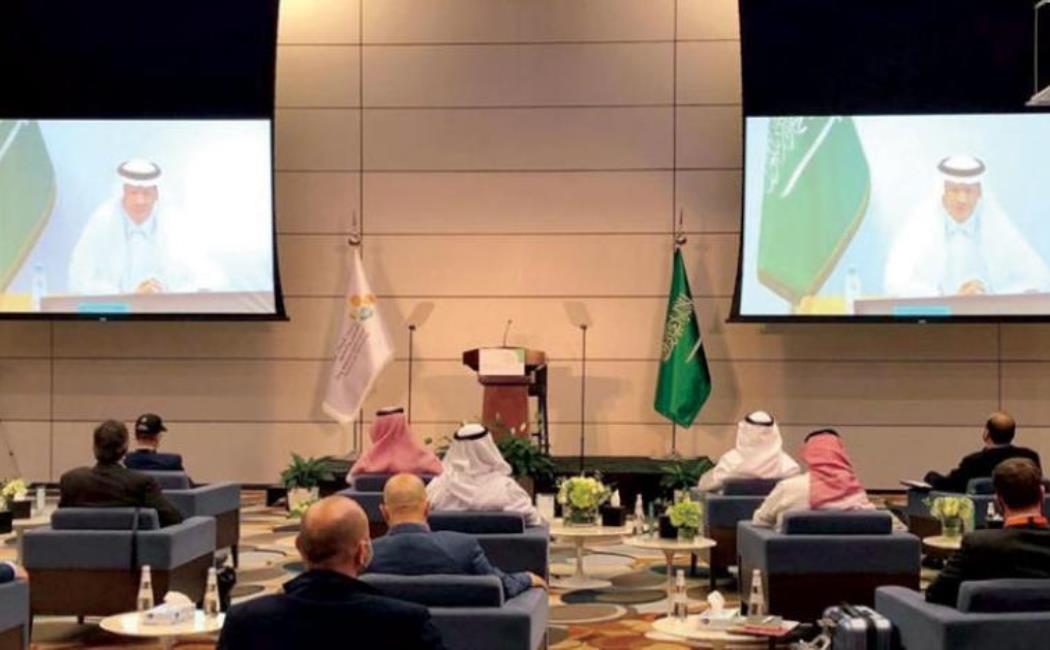
02 December, 2020
Jeddah - Asharq Al-Awsat
Scientists and experts in Saudi Arabia began working on the circular carbon economy, a strategy that was launched during the Saudi G2O summit in Riyadh and aims to reduce carbon emissions and convert them into active materials.
On Tuesday, King Abdullah University of Science and Technology (KAUST) - west of the Kingdom - launched the Circular Carbon Initiative, in a step to reinforce the directions of the Vision 2030.
Speaking during the event, Saudi Energy Minister Prince Abdulaziz bin Salman stressed that KAUST was equipped with all the needs and requirements to activate the circular carbon initiative, in support of the vision of the Kingdom's leaders and the G20.
KAUST’s Circular Carbon Initiative seeks to harness and mobilize the university’s research strengths and innovations, to develop and disseminate new technical solutions that support the circular carbon economy agenda.
In a statement KAUST said that the Circular Carbon Economy (CCE) was a sustainable and cost-effective approach that recognizes the urgency to act on the climate while ensuring access to clean and affordable energy for all. It added that the university’s initiative was aimed at filling an innovation gap through multidisciplinary work and in turn supporting Saudi Arabia in leading its CCE program.
Tony Chan, KAUST President, said that the university strives to be a global leader with its contributions in providing effective solutions to national and global challenges.
Since its establishment in 2009, KAUST has dedicated strategic investments in the infrastructure for research centers and main laboratories, and a large number of talented people. The university works to enhance cooperation with academics, industries and government agencies to develop and publish new scientific and engineering solutions across several sustainability areas.
“We seek to make an impact by partnering with academics and productive and government sectors, to ensure that university research is applied in a timely manner to achieve social and political benefits,” KAUST Vice President for Research Donal Bradley said in a statement.
Originally published in Asharq Al-Awsat